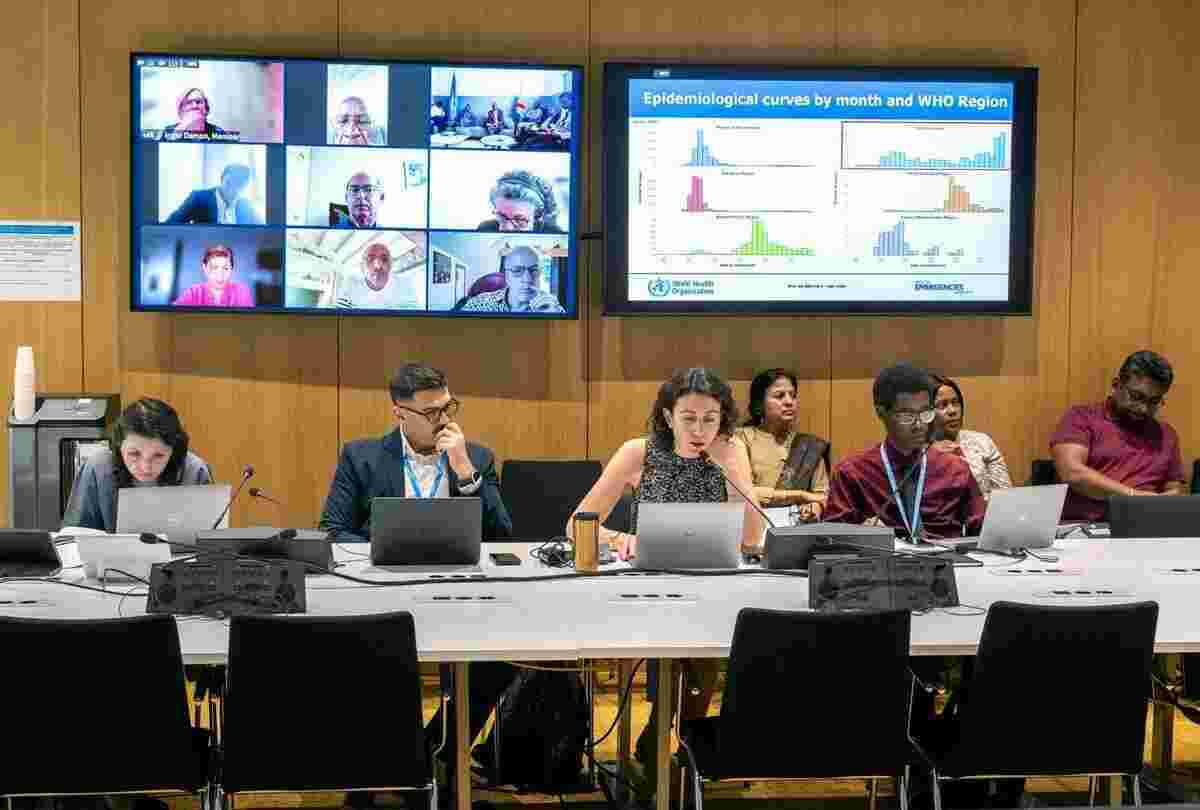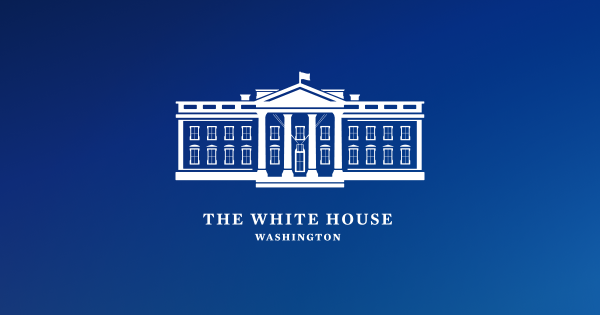Urgent Call to Action: The World Health Organization Declares a Public Health Emergency of International Concern over the Upsurge of Mpox in 2024
The World Health Organization (WHO) has declared the escalating mpox outbreak, primarily affecting the Democratic Republic of the Congo (DRC) and spreading to neighboring countries, a Public Health Emergency of International Concern (PHEIC). This decision follows the unanimous recommendation of the International Health Regulations (IHR) Emergency Committee convened on August 14, 2024.
This escalating situation is driven by two distinct sub-clades of clade I monkeypox virus (MPXV): clade Ia, endemic in the DRC, and clade Ib, a newly emerged and rapidly spreading strain mainly transmitted through sexual contact.
Why is this an extraordinary event warranting a PHEIC declaration?
1. The resurgence of clade I mpox in the DRC raises serious concerns: With over 15,000 suspected cases and 500 deaths reported in 2024, this outbreak surpasses the total cases reported in 2023. Notably, clade I historically exhibits higher mortality rates than clade II.
2. Emergence and Rapid Spread of Clade Ib: This new strain, first identified in 2024 but believed to have emerged in late 2023, is spreading rapidly, particularly among networks associated with commercial sex and sex workers.
3. International Spread: Cases linked to the DRC outbreak have been reported in neighboring Burundi, Kenya, Rwanda, and Uganda, signifying a clear risk of further international spread.
4. Uncertainties and Knowledge Gaps: Limited data availability hampers a comprehensive understanding of transmission dynamics, disease severity, and the effectiveness of control measures for clade Ib.
5. Strain on Resources and Surveillance Systems: The outbreak strains already limited resources in affected countries, hindering effective surveillance, diagnostics, and timely implementation of control measures.
What are the recommendations for States Parties?
Recognizing the urgency, the WHO urges States Parties, particularly those experiencing the mpox surge, to implement the following temporary recommendations alongside the existing standing recommendations for mpox:
Emergency Coordination:
1. Develop and implement comprehensive national mpox plans aligned with WHO guidance, focusing on sustained control and eventual elimination of human-to-human transmission.
Collaborative Surveillance and Laboratory Diagnostics:
2. Integrate mpox into national surveillance systems as a notifiable disease.
3. Strengthen diagnostic capacity at all levels of the healthcare system.
4. Ensure timely reporting of cases to WHO, particularly those with a travel history.
5. Collaborate to ensure widespread access to genomic sequencing and share data promptly.
Safe and Scalable Clinical Care:
6. Ensure optimal clinical care for suspected and confirmed mpox cases, including infection prevention and control measures and healthcare worker training.
7. Integrate mpox into existing health programs addressing HIV and sexually transmitted diseases.
International Travel:
8. Provide travelers with relevant information on mpox prevention and risks, particularly for events and gatherings.
9. Advise potentially exposed individuals on measures to avoid spreading mpox during travel.
10. Refrain from implementing mpox-specific travel restrictions like entry/exit screening or mandatory testing/vaccination.
Vaccination:
11. Expand access to mpox vaccines, prioritizing primary prevention and post-exposure vaccination for at-risk communities and individuals, guided by WHO recommendations.
Risk Communication and Community Engagement:
12. Implement clear risk communication strategies, raising awareness and engaging communities, especially those most at risk.
13. Address stigma and discrimination associated with mpox.
Governance and Financing:
14. Mobilize resources to ensure equitable access to diagnostics, vaccines, and therapeutics.
15. Commit domestic resources to support mpox control efforts.
Addressing Research Gaps:
16. Contribute to and support global research efforts focusing on mpox transmission, prevention, and control.
17. Conduct clinical trials for mpox countermeasures, including diagnostics, vaccines, and therapeutics.
18. Prioritize research in West, Central, and East Africa to understand regional risks, vulnerabilities, and transmission patterns.
Reporting on the implementation of temporary recommendations:
19. Regularly report to WHO on the progress and challenges faced in implementing these temporary recommendations.
The WHO emphasizes that all measures should be implemented with full respect for human rights and fundamental freedoms. The current situation demands a coordinated and intensified international response to curb the spread of mpox and protect global health.
First meeting of the International Health Regulations (2005) Emergency Committee regarding the upsurge of mpox 2024
The Director-General of the World Health Organization (WHO), having concurred with the advice offered by the International Health Regulations (2005) (IHR or Regulations) Emergency Committee regarding the upsurge of mpox 2024 during its first meeting, held

Related Posts

Readout of National Security Advisor Jake Sullivan’s meeting with Chinese Communist Party Politburo Member, Director of the Office of the Foreign Affairs Commission, and Foreign Minister Wang Yi

Accused of double murder: The grandmother, her boyfriend and the couple who hosted anti-government religious meetings

